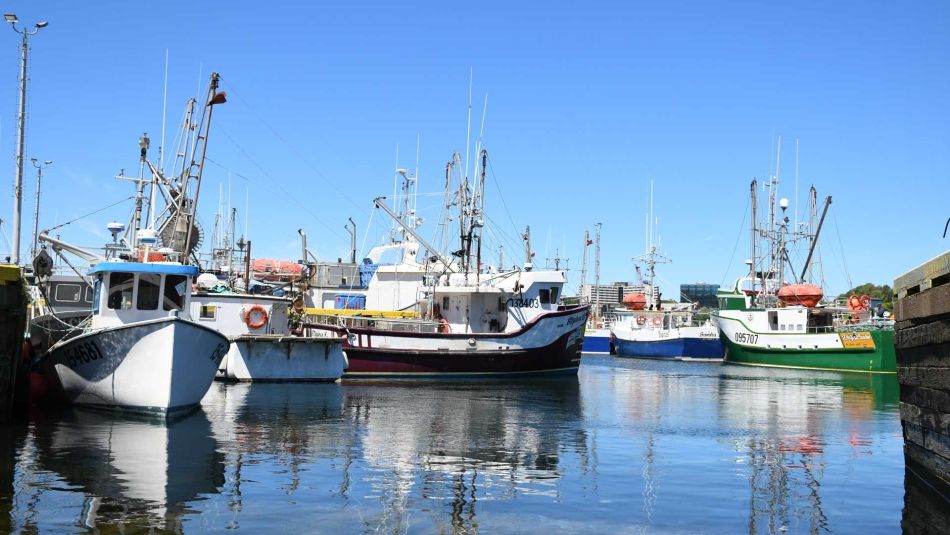
Share
Unifor is deeply concerned about ongoing tariff threats from the United States and the imposition of tariffs by China on Canadian seafood products. These tariffs pose a genuine threat to the livelihoods of Unifor members in the Fish, Food and Allied Workers Union (FFAW) in Newfoundland and Labrador, the United Fishermen and Allied Workers' Union (UFAWU) in British Columbia, and to the broader Canadian fishing industry.
While the threat of U.S. tariffs on Canada’s fisheries was lessened when Canada was granted exemptions for Canada-United States-Mexico Agreement (CUSMA)-compliant products, the unpredictability of the Trump administration’s trade measures suggests that all U.S.-exposed industries in Canada are at continued risk of severe economic impacts from the ongoing tariff war. Close to two-thirds of Canadian seafood exports are sent to the U.S. every year.
Compounding this ongoing threat from the U.S. are the tariffs imposed by China on Canadian seafood, which took effect on March 20, 2025. These tariffs threaten to devastate a substantial proportion of Canada’s seafood export market, as nearly 20% of Canadian seafood exports were sent to China in recent years, and some categories of seafood are almost entirely dependent on the Chinese market (e.g. prawns and geoduck).
The combined effect of tariffs and tariff threats from both the U.S. and China has created a perfect storm for Canadian fisheries and the seafood industry. It disrupts established trade relationships, creates uncertainty in the market, and puts Canadian seafood at a distinct disadvantage when compared to our global competitors. Tariffs also threaten to exacerbate economic conditions for fish harvesters and workers who are already contending with high levels of corporate concentration and unrestrained foreign ownership.
Unifor calls on governments at all levels to pursue the following measures:
- Aggressively pursue diplomatic solutions to negotiate the elimination of China’s tariffs and obtain a commitment from the U.S. to refrain from imposing tariffs on Canadian seafood products.
- Implement comprehensive financial support for impacted fish harvesters, seafood processing workers and coastal communities. This includes direct income assistance to help harvesters and workers weather the storm and infrastructure investments to support the long-term viability of coastal communities.
- Diversify export destinations to reduce reliance on Chinese and U.S. markets. Government should aid the fishing industry in actively seeking out new trading partners in Asia, Europe, and other regions to create a more resilient and diversified export base for our seafood products.
- Promote Canadian seafood as part of a Buy Canada campaign. By raising awareness of the quality and sustainability of Canadian seafood, we can increase domestic demand and support our local producers.
- Impose an immediate ban on the sale or transfer of commercial fishing licenses and quotas to foreign entities. This is a notable problem in British Columbia where wealthy foreign interests treat licenses and quota as lucrative investment vehicles to profit off of Canadian fish harvesters who do the actual work of fishing, but who cannot afford exorbitant license costs under artificially inflated market values.
- Ensure that both domestic and export markets support inshore harvesters and workers in seafood processing, by mandating minimum processing requirements and increasing regulatory stringency related to the transfer of processing licenses.
Unifor is committed to working with the Canadian government, industry stakeholders, and our members in the FFAW and UFAWU to navigate these challenging times. We will continue to advocate for policies that support Canadian fisheries, protect the livelihoods of our members, and ensure a viable future for this vital part of Canada’s economy.



